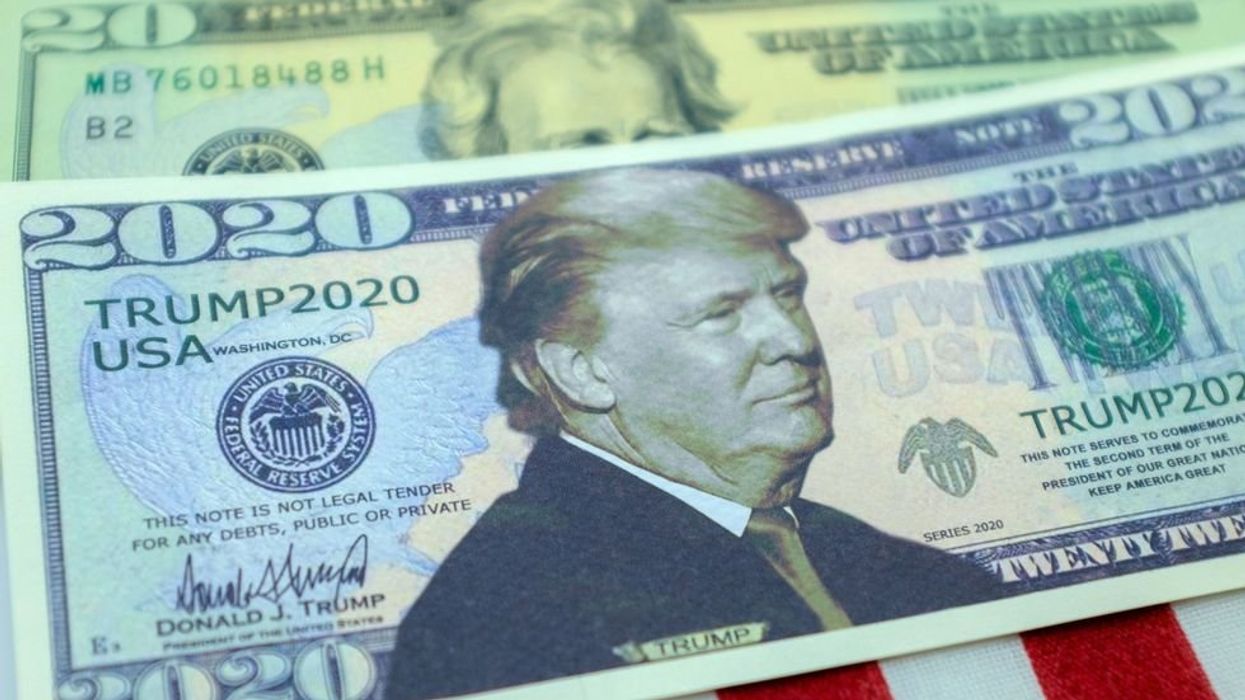Many economists, both left and right, cringed when President Donald Trump ordered 25 percent tariffs on all goods being imported into the United States from Canada and Mexico. And the outcry was vehement from neighboring officials north and south of the United States.
Former Canadian Deputy Prime Minister Chrystia Freeland slammed the tariffs as "a betrayal of America's closest friend," and Mexican President Claudia Sheinbaum vowed to impose tariffs on U.S. goods in response.
Trump later agreed to delay the tariffs on Canada and Mexico by 30 days, and many economists are hoping he won't go through with them at all. But The Atlantic's Lora Kelley, in an article published on February 7, argues that the mere threat of tariffs is already inflicting damage economically.
READ MORE: Americans' 'legally protected' info now 'exposed' as Trump budget chief gets new powers: union
Trump, Kelley notes, "caused a panic in the stock market," adding that "the residue of this week's blink-and-you-missed-it trade war will stick."
Ernie Tedeschi of the Yale Budget Lab told The Atlantic that "uncertainty about tariffs poses a strong risk of fueling inflation, even if tariffs don't end up going into effect" —adding that "one of the cornerstone findings of economics over the past 50 years is the importance of expectations."
"Consumers, nervous about inflation, may change their behavior — shifting their spending, trying to find higher-paying jobs, or asking for more raises — which can ultimately push up prices in what Tedeschi calls a 'self-fulfilling prophecy,'" Kelley explains. "The drama of recent days may also make foreign companies balk at the idea of entering the American market. During Trump's first term, domestic industrial production decreased after tariffs were imposed."
Similarly, Felix Tintelnot, who teaches economics professor at Duke University, warns that the threat of tariffs — even if they don't go through — can promote inflation.
READ MORE: How Michigan would pay bigly for Trump's trade war
Tintelnot told The Atlantic, "Uncertainty by itself is discouraging to investments that incur big one-time costs."
READ MORE: 'Not going to be replaced': Reformed white supremacist met with protest from extremists
Read The Atlantic's full article at this link (subscription required).


